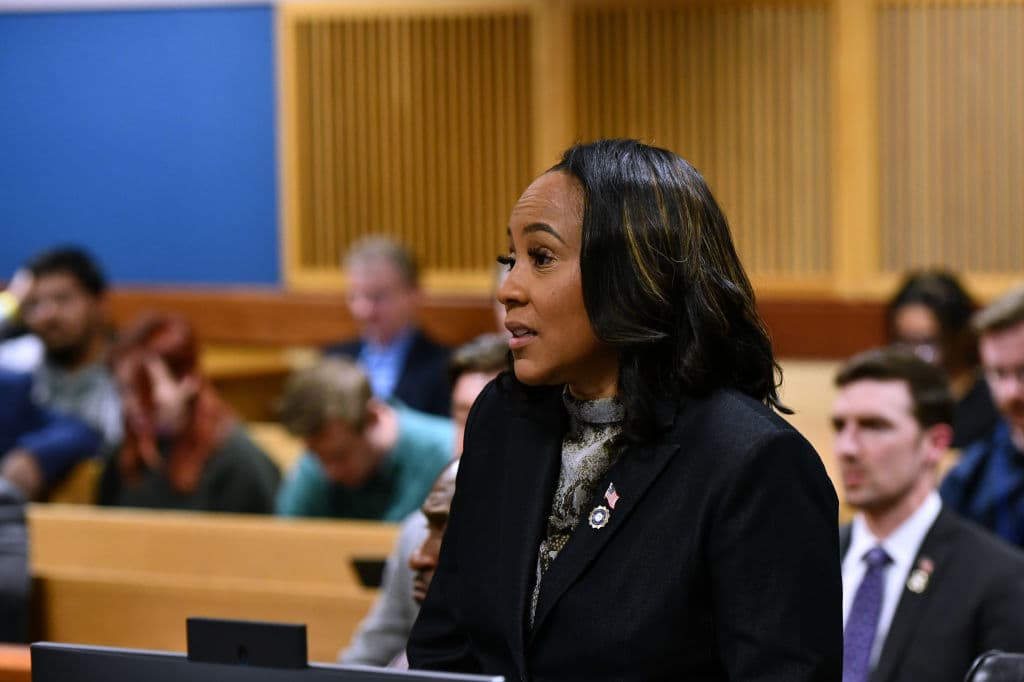Fani Willis’s Former Boyfriend Is Accused of ‘Fraud Upon the Court’ for Lying About Love Affair
The district attorney’s father, formerly of the Black Panthers, took the stand and testified that storing large amounts of cash at home — his daughter’s explanation for how she paid for her vacations with the special prosecutor — was ‘a Black thing.’

The decision by the district attorney of Georgia’s Fulton County, Fani Willis, to forgo direct examination by her own counsel on Friday suggests that she is of the position that further courtroom colloquy would only erode her position atop the sprawling racketeering case against President Trump and 18 others.
Please check your email.
A verification code has been sent to
Didn't get a code? Click to resend.
To continue reading, please select:
Enter your email to read for FREE
Get 1 FREE article
Join the Sun for a PENNY A DAY
$0.01/day for 60 days
Cancel anytime
100% ad free experience
Unlimited article and commenting access
Full annual dues ($120) billed after 60 days

